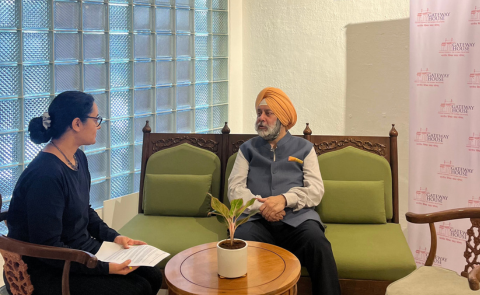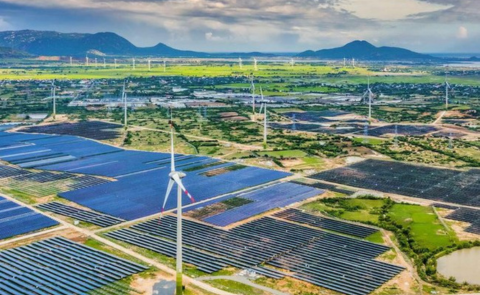The case that shook the empire
This book follows the O’Dwyer vs. Nair libel case which brought the Jallianwala Bagh massacre of 1919 to public life, and spurred India’s nationalist movement. Through the case, it recounts the life of Sir Chettur Sankaran Nair who was a critic of Gandhi but also of the British government and publicly held Michael O’Dwyer, lieutenant governor of Punjab, responsible for the massacre.










